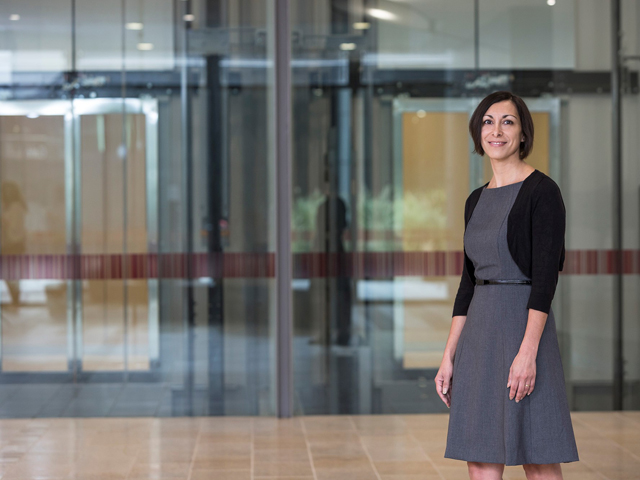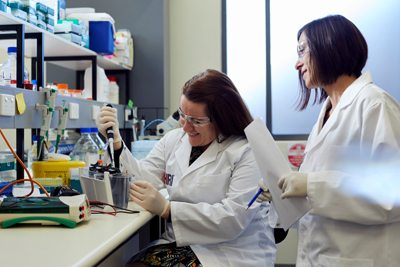Dr Mary Kavurma Diabetes Awareness Interview

Heart Research Institute (HRI)
The Heart Research Institute (HRI) in Sydney is one of the country's leading cardiovascular research facilities. Its primary task is in finding cures and breakthroughs with relation to cardiovascular conditions.
They are currently on the cusp of a scientific breakthrough for diabetes. Therefore, they are aiming to drive awareness of diabetes, the signs, symptoms, seriousness and offering expert advice, in order to aid in its eradication.
Interview with Dr Mary Kavurma, Heart Research Institute (HRI)
Question: Can you tell us about Heart Research Institute?
Dr Mary Kavurma: Australia's Heart Research Institute (HRI) is an internationally recognised medical research institute, performing ground-breaking cardiovascular research with a mission to prevent the spread of cardiovascular disease – that being, anything related to the heart.
Question: What's the main message you'd like to spread surrounding cardiovascular conditions and disease?
Dr Mary Kavurma: Cardiovascular disease – or heart, stroke and blood vessel disease – is the number one killer in Australia1. It affects one in every six Australians – meaning over 4.2 million people and their families have felt its consequences.
However, often people don't realise the importance of heart health, and the dangers if it's neglected. The Heart Research Institute's mission is to raise awareness, continue in our extensive research programmes, and prevent death and suffering from cardiovascular disease.
 Question: Can you tell us about the scientific research you're currently working on surrounding diabetes?
Question: Can you tell us about the scientific research you're currently working on surrounding diabetes?
Dr Mary Kavurma: Shockingly, every three hours in Australia, one person has an arm or leg amputated due to peripheral artery disease (PAD), a condition where blood vessels to the lower limbs are blocked, reducing blood and nutrients necessary for the limb to stay alive.
Amputations however do not fix the problem they merely remove the dead or dying tissue. Because of this, PAD patients can have multiple presentations with gangrene, requiring recurrent amputations, each of which increases risk of heart attack and stroke. To make matters worse, PAD is a diabetes aligned condition, and with one Australian developing diabetes every five minutes, this amputation rate will continue to climb unless more research into a cure is done.
My team made a groundbreaking discovery and identified a new function for a protein discovered around a quarter of a century ago called TRAIL (Tumor Necrosis Factor-Related Apoptosis- Inducing Ligand). We showed that TRAIL can stimulate the growth of new blood vessels, restoring blood flow and preserving limb function. This means it can help protect diabetics from developing gangrene and reduce the need for amputation.
As a not for profit organisation, the next step for us at HRI is to raise funding to enable the next stages of research and testing, before bringing the treatment to patients in need.
Question: What are the signs and symptoms of early diabetes?
Dr Mary Kavurma: There are three main types of diabetes, plus a stage before called 'pre-diabetes'. There are a variety of symptoms that may manifest, including frequent or excess thirst, passing more urine, feeling tired and lacking energy, wounds that heal slowly, feeling hungry frequently, and blurred vision. However, each of these could present for a variety of reasons, so seeking medical advice is always recommended if your body is behaving unusually.
Question: What are your top health and lifestyle tips for reducing our risk of cardiovascular issues?
Dr Mary Kavurma: Risk can be decreased through certain lifestyle changes, weight loss, increased physical activity and eating a healthy diet. However, first and foremost consulting a health care professional is recommended in order to ensure a balanced approach is taken.
Question: What's next for Heart Research Institute?
Interview by Brooke Hunter
MORE



